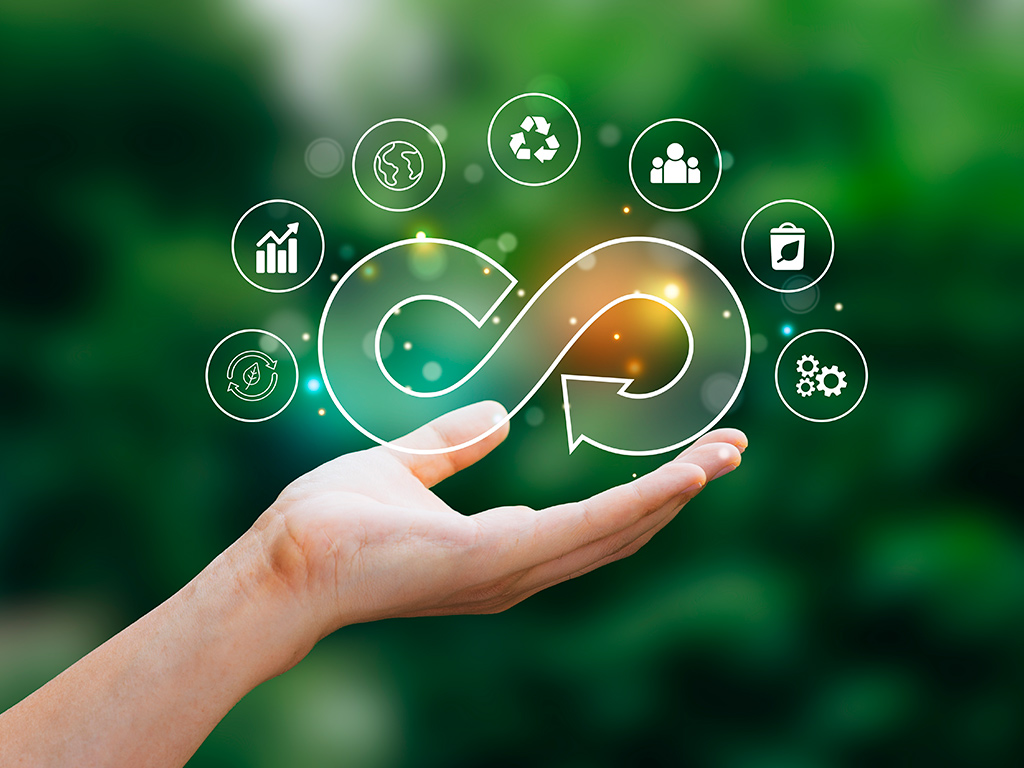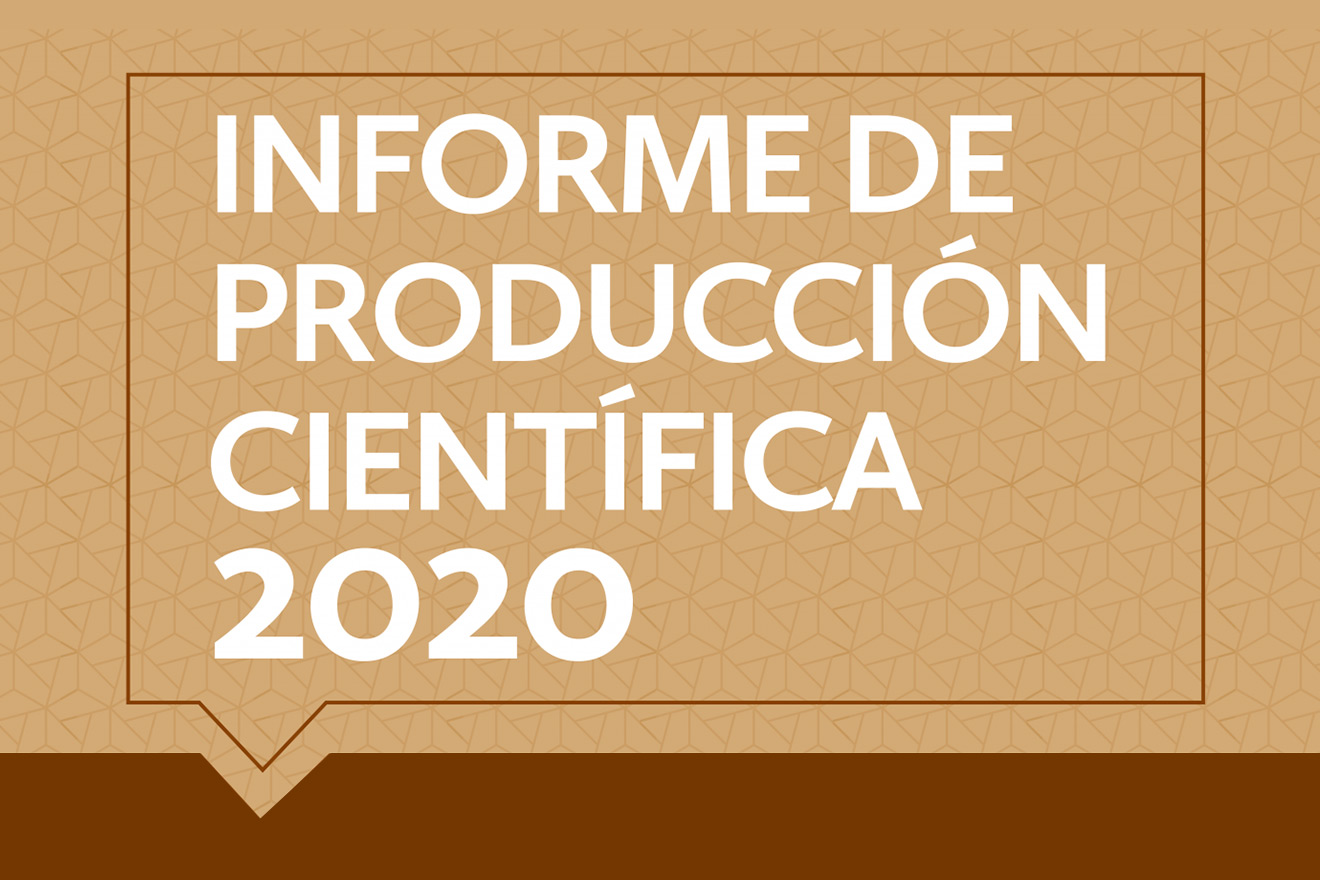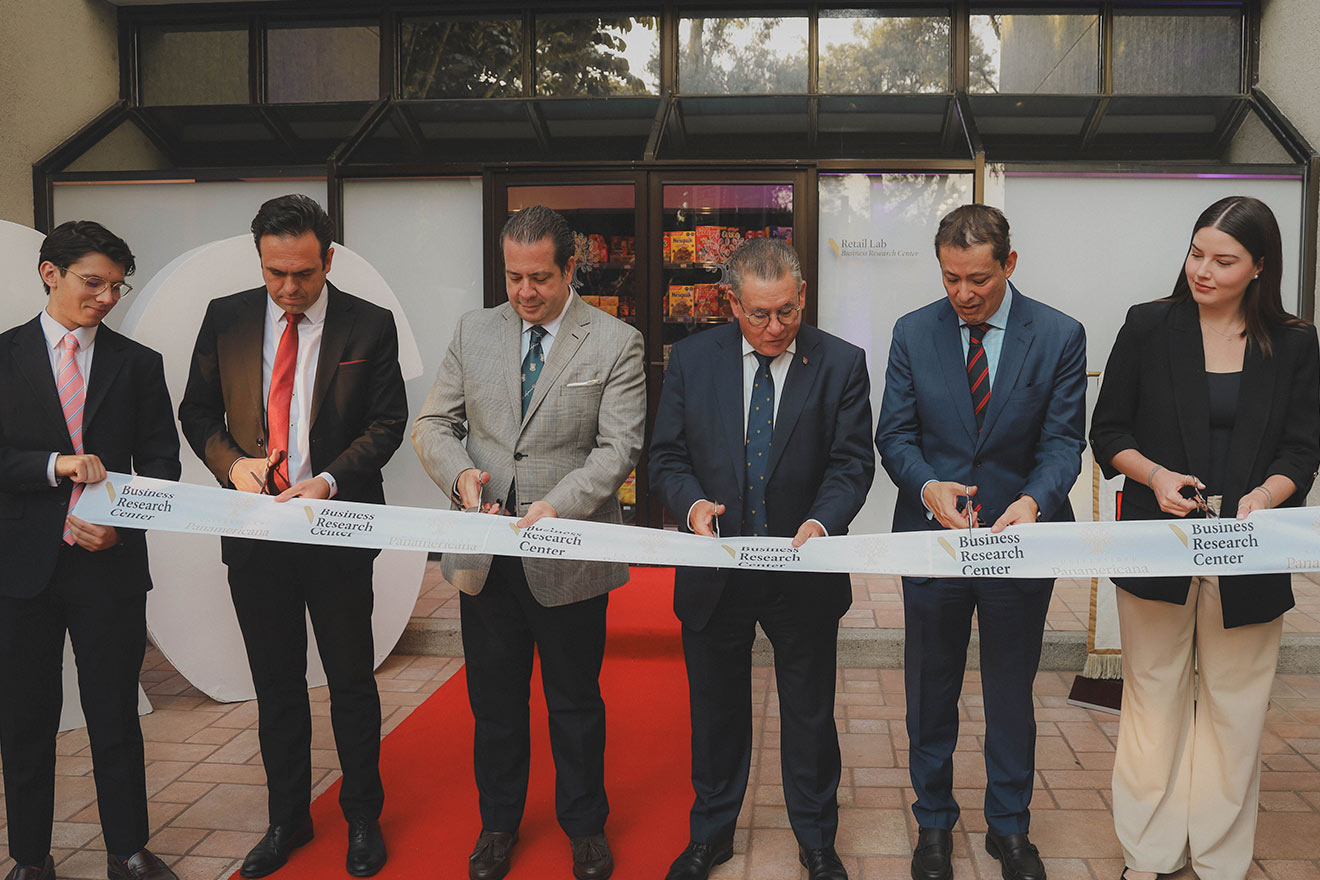Doctor in Administrative Sciences Aura Andrea Díaz Duarte is a specialist in research topics within the sector of circular economy, sustainable marketing, and eco-innovation for business performance at Universidad Panamericana.
Multiple concepts regarding sustainable development management have started to emerge in the last years. Their novelty lies in the growing interest in its necessary implementation in the field’s different spheres, which consist of the economy, politics, society, and the environment. Conventional economic models are so-called “linear models,” where business decisions are focused on the efficient use of resources with the main objective of satisfying market needs and generating profit.
Likewise, circular business models, which arise from the study and implementation of circular economy, focus on meeting market needs, while also maximizing the useful life of all the resources involved in the process of satisfying those needs, whether it is the development of a product or a service. This is of utmost importance.
Dr. Aura Andrea Díaz Duarte shares an article on the importance of circular economy and its profitability in business.
Dr. Aura is also the Director of the Business, Law, Computer Science, and Soft Skills majors within the School of Economics and Business Administration. She is also involved in her family’s business, with more than 30 years in the field of commercialization and electrical construction.

Circular Economy: From sustainability to business profitability
In the last fifteen years, circular economy has been gaining strength as a science applied to business models, and not just industrial or production models. Therefore, a wide range of possibilities for the implementation of the circular economy in the administrative area of business have been emerging. Much of the conceptualization of these circular terms in management has been supported by the Ellen MacArthur Foundation, basing this circular model on three axes: “Take, do, and undo.”
Their goal is to eliminate waste that is harmful to the environment by promoting the use of goods with natural components called “nutrients” that can be reabsorbed into the biosphere without causing harm, and, likewise, in terms of technical components, they promote the triptych “reuse, repair, and recycle,” generating technologies with a longer life cycle.
Klein, one of today’s leading scientists on sustainability issues in economic development, produces a structure of functional dimensions of companies that measure the levels of adoption of or resistance to the implementation of circular business models, dividing this scheme into internal processes and operations, organizational changes and strategies, internal stimuli, and barriers to adopting the circular economy.
The first important step in the adoption of a circular business model is analyzing the internal stimuli, as well as knowing the internal barriers to its adoption. The main barriers consist of a lack of knowledge in sustainability issues, a lack of financial resources in the company, a lack of investment in training personnel in circularity issues, a lack of cooperation, dialogue, and the exchange of experiences in the company’s corresponding sector, rigidity in internal processes, lack of interaction with suppliers, and lack of adequate advice for business decision-making based on a framework of indicators for circular business models.
However, the influence generated by stimuli for the adoption of a circular economy business model strongly counteracts the possible barriers that may exist. These incentives are mainly centered on the commitment of managers and directors to driving their business philosophy on sustainable issues, and, externally, laws and government regulations that favor companies belonging to circular models can be an important incentive.
Pressure from competitors and customers themselves becomes a decisive motivator to change the use of resources in the entire supply chain as much as possible so that it generates the least impact on the environment, or, better still, produces an improvement.
Given the boom that the term circular economy is experiencing as a sustainable and profitable business option, Dr. Aura states that “companies are responsible for internally analyzing their position in the environment, how their decisions affect or promote sustainable development and environmental care, and how suppliers and all those involved in the distribution channels of any good or service should work specifically on changing their raw materials, processes, and administrative practices to strengthen the life cycles of products and always try to direct their decisions toward environmental welfare.”








